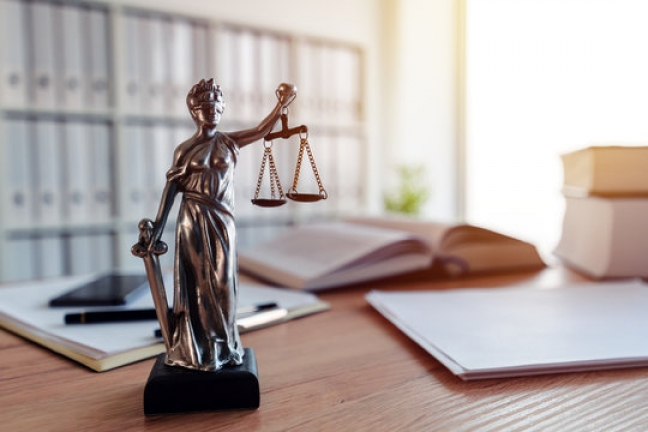Facing domestic violence charges in Virginia can be daunting, but it's important to know that there are legal avenues to explore if you believe the charges should be dropped. Here, we'll discuss some essential steps to consider if you're seeking to drop domestic violence charges in the state of Virginia:
1. Seek Legal Counsel: Your first and most critical step is to consult with an experienced domestic violence attorney in Virginia. They can provide you with a comprehensive understanding of the legal process and guide you through the steps to potentially drop the charges.
2. Understand the Role of the Prosecutor: In Virginia, the prosecutor holds the power to decide whether or not to drop domestic violence charges. Your attorney will communicate with the prosecutor and present compelling reasons for dismissal.
3. Alleged Victim's Role: While the alleged victim cannot directly drop charges, their willingness to cooperate or recant their statement can significantly influence the case's outcome. Clear and open communication with the alleged victim is crucial.
4. Evidence Examination: Your attorney will conduct a thorough investigation of the evidence and statements from witnesses. Identifying inconsistencies or weaknesses in the evidence can bolster your case for dropping the charges.
5. Negotiate a Plea Bargain: In some instances, you and your attorney may negotiate with the prosecutor for a plea bargain. This could lead to reduced charges or penalties, making it a mutually acceptable resolution.
6. Alternative Dispute Resolution: Virginia courts may offer alternative dispute resolution programs, such as mediation or counseling, for domestic violence cases. Completing these programs successfully can be grounds for dropping the charges.
7. Protective Orders: If the alleged victim has concerns about their safety, obtaining a protective order can address these issues and may influence the prosecution's decision regarding the charges.
8. Court Hearings: Be prepared for court hearings, during which both sides will present their arguments. Your attorney will advocate for your case, emphasizing the reasons for dropping the charges.
9. Appealing to the Judge: If the prosecutor remains unwilling to drop the charges, your attorney can present your case to the judge, highlighting any legal or factual issues that warrant dismissal.
10. Long-Term Considerations: Even if the charges are dropped, there may still be long-term consequences, such as a record of the arrest. Consult your attorney about expungement options to clear your record.
Conclusion
Navigating the process of dropping domestic violence charges in Virginia requires legal expertise and a clear understanding of the specific circumstances surrounding your case. Seeking counsel from a qualified domestic violence attorney is crucial to ensure the best possible outcome. Remember that each case is unique, and success in dropping charges depends on various factors, including the evidence presented and the cooperation of all parties involved.





Comments